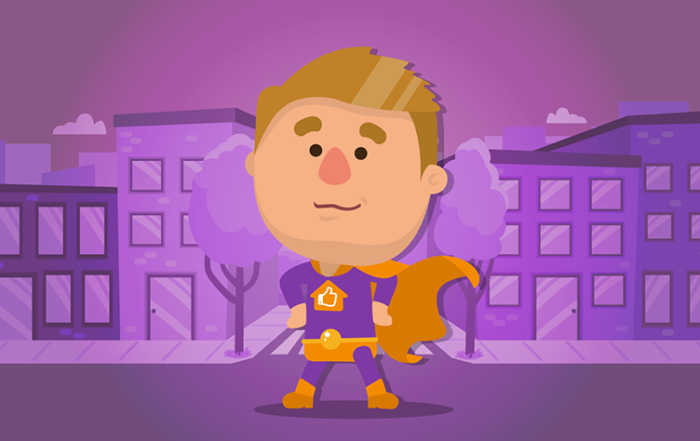
We’ve come to the last instalment in our series on how local government works in the United Kingdom. Northern Ireland lies across the Irish Sea from mainland Britain and local councils there hold different responsibilities than those in England, Scotland and Wales.
In Northern Ireland there are 11 councils run by elected councillors. Only in 2015, Northern Ireland put reforms in place around how local councils work in the country. The biggest change that was handed over to local councils during this re-organisation was that of planning power.
Community Planning Partnerships have been set up which involve citizens, the voluntary sector, statutory bodies and agencies, to build a vision for the future of a council’s local development. Working as partners, they develop a shared plan to decide what type and scale of development should take place in order to improve the wellbeing and community for the citizens of a council area.
Part of this involves driving local economic development by encouraging entrepreneurial schemes, improving services for businesses and access to funding. In 2019 councils across Northern Ireland were awarded £15m funding to boost the availability of fibre optic internet connections – currently on 12% of businesses in Northern Ireland have access to high-speed internet!
“We’re building a Britain that’s fit for the future, and our plans for a national full fibre broadband network underpin our modern Industrial Strategy. This £15 million boost for gigabit speeds in Northern Ireland will benefit homes and businesses across the country and I congratulate the Full Fibre Northern Ireland Consortium in its successful bid.” Minister for Digital, Margot James
Heritage protection is another aspect of community planning that local councils are responsible for. They ensure the enforcement of the conservation of heritage buildings and infrastructure by listing architecture and ordering repairs and restoration for buildings of special design or historical interest. The includes controlling how alterations, extensions and demolitions can be performed across such buildings and who can do them.
What else are councils in Northern Ireland responsible for?
- Environmental protection
- Environmental improvement
- Health and safety
- Food Safety
- Licensing
- Registration of births, deaths and marriages
- Street cleaning
- Grounds maintenance
- Recycling and waste management
Unlike most councils in the rest of the UK, Northern Ireland’s councils aren’t responsible for:
- Social housing
- Trading standards
- Social services
- Education
- Street lighting
- Collection of rates (like Council Tax)
- Libraries
- Transport
These powers are held by the Northern Irish Parliament, Stormont. However, the trouble in recent years, with the suspension of Stormont from January 2017 – January 2020 because of disagreements between unionist parties and nationalist parties, has seen calls for some of these powers to be given to local councils, as they are seen as more effective and trusted by citizens.
For contact details for your local council in Northern Ireland, simply click here.
The HomeSwapper Customer Support team are always on hand to give advice and tips on how to get the most from HomeSwapper. They deal with Swappers every day and have a unique insight and view on the thousands of successful swaps that take place on HomeSwapper.






